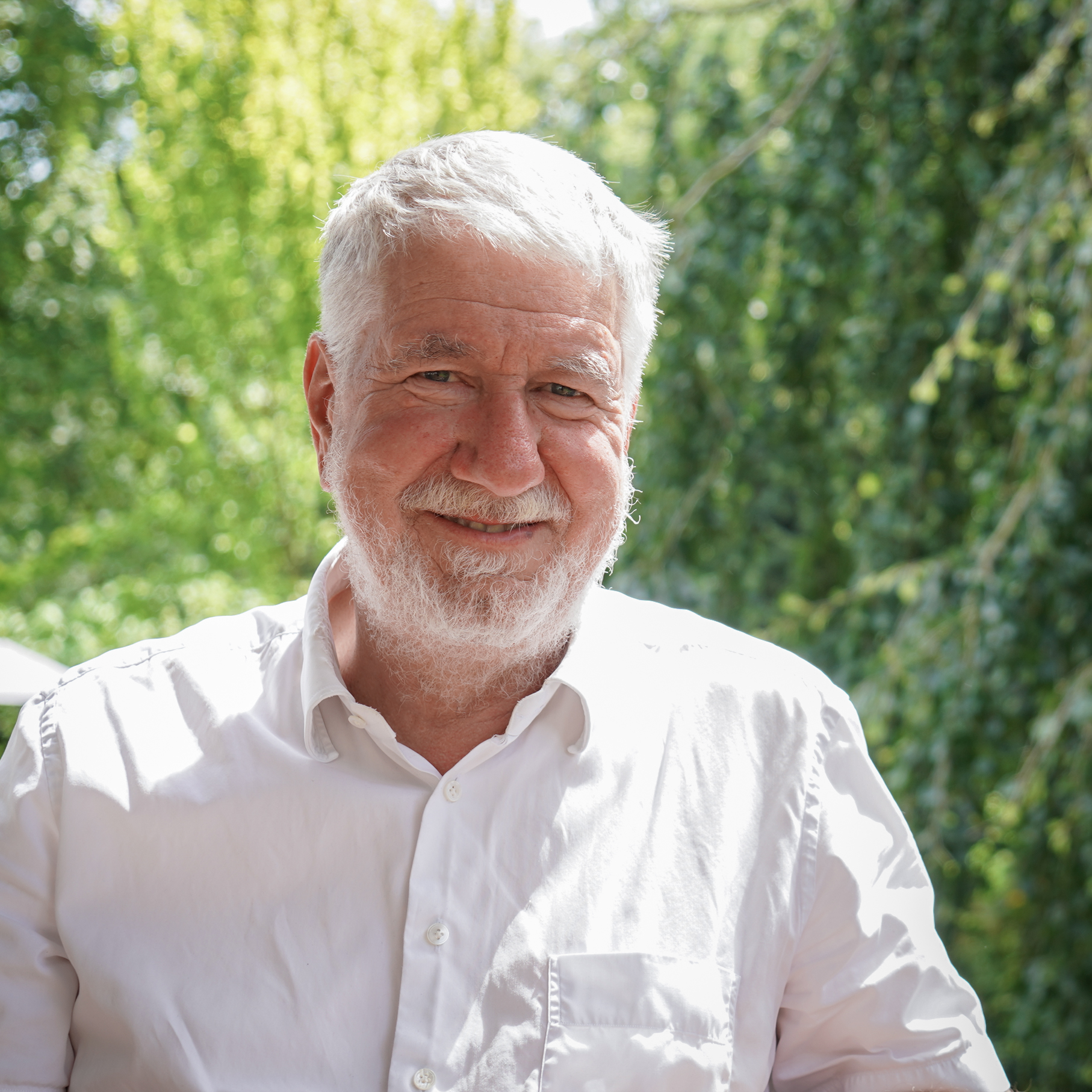
Hello
from
My name is Martin Neumann and I began my first job at GIZ almost 40 years ago. Starting out as a development worker with the German Development Service (DED) in Rwanda, I went on to spend many more years abroad with GIZ. My current position is in the Sectoral Department in Eschborn, where I focus on sustainable forest management.
I knew as a teenager that I wanted to be a forest ranger, which is why I chose to study forestry and environmental engineering when I left school. After working as a ranger for a while, I switched to international development cooperation. What initially was an alternative to military service became a long-term career at GIZ. As a forestry and environmental expert, I’ve had numerous different roles, at times in crisis-hit locations.
My work has taken me to many different nations: Sudan, Burkina Faso, Côte d’Ivoire, Botswana, Rwanda, Ethiopia and Namibia. My wife and our three children travelled with me to the latter three countries, an experience we all found incredibly rewarding, despite the time and effort involved. And these assignments were also uniquely formative on a professional level. I can still remember planting trees with local partners in Rwanda 40 years ago. At the time, we were engaged in classic reforestation work. Things have changed since then, of course. Today, our projects are more diverse, involving all affected stakeholders, from farmers to local officials.
My work was always geared towards forest conservation. This ties in well with Germany’s interest in preventing further deforestation. But the needs of our partner countries in this area are often somewhat different. Forests are frequently used as agricultural land and land reserves. Take Rwanda, for example. The densely populated country has little space for forest, given the high demand for fields. For this reason, I helped to establish a model that combined forest conservation with agriculture.
I’m really pleased to see the growing application of sustainable forest management. From an ecological perspective, we need to conserve forests, as they hold over half of the world’s carbon stocks and safeguard biodiversity. At the same time, forest conservation has economic benefits. In Germany, over one million jobs depend on forests, wood and wood processing; that’s more than the number of people employed in the automotive industry.
Alongside my duties as a planning officer, I also work to promote sustainable forest management, helping to bring together companies in the forestry and environmental sector and assisting international delegations of the German Forest Society (DFV). Lastly, and best of all, I’m privileged to teach project planning for global change and development at Eberswalde University for Sustainable Development. I’ll continue to devote much of my time to forests when I retire towards the end of this year, but this time in Germany.
Best regards,
Martin Neumann
Juni 2025